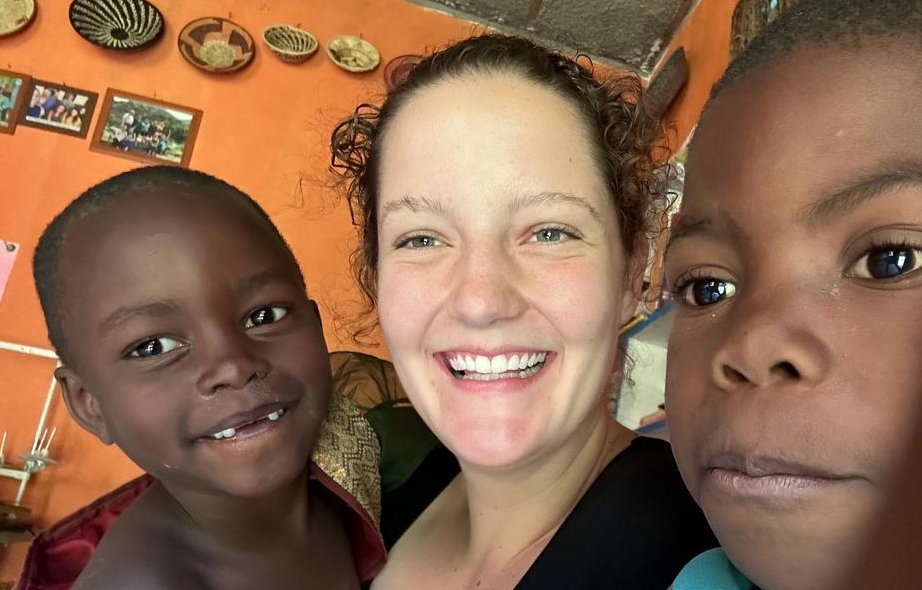
There is much need for extra help in Ugandan schools. However, it is very important to know where and how to give support. We do not support government schools as this interferes with the local education system and may reduce the incentive for the government to improve its own educational system, whilst also disrupting the work of the local teachers.
In general we support locally based schools, trying to provide an education to those that would otherwise go without. We currently have volunteer positions at teaching project for children of all ages. The nursery schools are run by local organizations trying to prepare the children for primary school by teaching them basics such as reading, writing, Maths, Swahili and English. Projects working with older children are providing an education to orphaned and disadvantaged children, who otherwise would not be able to attend school.
We do not agree with placing unskilled people into teaching positions, replacing local teachers or disrupting the work of the local teachers. Local teachers are teaching at all of these schools and rather than replace them, we try to enhance their work by taking extra classes and activities, dividing large classes and helping give more individual attention to the children. Volunteers can also help with one on one tuition for children falling behind.
One of the common difficulties for children in Uganda is that primary school is taught in Lukonzo and secondary school in English. This is obviously a difficult transition, therefore much assistance is required to help children build their English.
Along with formal teaching there are opportunities to pass on other skills to children, such as drama, singing, music, gardening, hygiene and human rights. Volunteers run skills training and health/life skills tasks at a few projects.
You do not need to be a teacher to help with teaching positions. You can still be a valuable asset when volunteering as a teacher’s assistant, activities director or offering one on one tuition. Other aspects of teaching projects include work with children with learning difficulties, street children and young people on remand. Vocational skills are particularly valuable for these placements.
